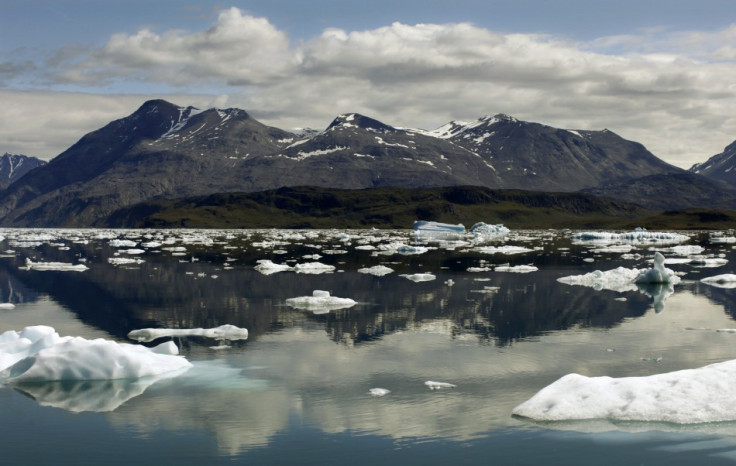Nature Doubles Uptake of Greenhouse Gases Controlling Global Warming

Natural carbon "sinks" including oceans and lands have almost doubled their uptake of greenhouse gases in the last 50 years thereby lessening the warming impacts on earth's climate and controlling the effects of global warming, a new study says.
The study led by the University of Colorado Boulder has been published in the latest edition of the journal Nature. Co-authors of the study include CU-Boulder Professor Jim White, CU-Boulder doctoral student Caroline Alden and National Oceanic and Atmospheric Administration scientists John Miller and Pieter Tans.
According to the study, although the CO2 emissions had quadrupled through the years, the earth's vegetation and oceans continue to soak up about half of them.
The study, led by CU-Boulder postdoctoral researcher Ashley Ballantyne, looked at global CO2 emissions reports over the past 50 years and compared them with rising levels of CO2 in the earth's atmosphere during that time, primarily because of fossil fuel burning.
"What we are seeing is that the earth continues to do the heavy lifting by taking up huge amounts of carbon dioxide, even while humans have done very little to reduce carbon emissions," stated Ballantyne. "How long this will continue, we don't know."
Reuters reported that knowing how nature reacts to rising concentrations of man-made greenhouse gases in the air is vital to understanding climate change, blamed for rising temperatures and floods, droughts, heatwaves and rising sea levels.
The University of Colorado Boulder mentioned on its website that despite the enormous uptake of carbon by the planet, CO2 in the atmosphere has climbed from about 280 parts per million just prior to the Industrial Revolution to about 394 parts per million today, and the rate of increase is speeding up. The global average of atmospheric CO2 is expected to reach 400 ppm by 2016.
"We're already seeing climate change happen despite the fact that only half of fossil fuel emissions stay in the atmosphere while the other half is drawn down by the land biosphere and oceans," Alden said in a statement. "If natural sinks saturate as models predict, the impact of human emissions on atmospheric CO2 will double."
To conduct the research, the team made use of several global CO2 emissions reports including the one by the US Department of Energy's Carbon Dioxide Information Analysis Centre.
© Copyright IBTimes 2025. All rights reserved.



















